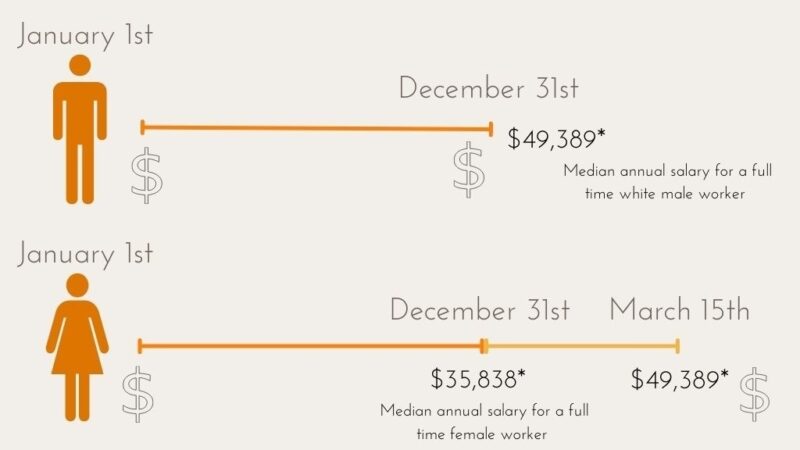PowerHouse Blog
Supporting our Caregivers
May 26, 2021 | By Kylie Gursky

COVID-19 caused incredible loss, stress, and economic hardship for Montana’s communities. Unpaid caregivers, the majority of them women who are just under 50 and disproportionately from low-income households, experienced increased challenges related to mental health.
The pandemic increased the demand for family caregiving and highlighted the reality that unpaid family caregivers, whether caring for kin or chosen family, play an essential role in our health care system. Isolation and the inability to access services made caregiving more difficult during the pandemic.
A 2020 AARP report tells us what many of us already know, that caregivers are taking on this role without adequate and affordable services and supports in place. Caregiving, especially without appropriate support, is associated with various poor health outcomes for those giving care. A recent CDC report found that two-thirds of unpaid caregivers for adults had at least one mental health condition, including anxiety, depression, and suicidal ideation.
For those who are struggling with anxiety, depression, substance use, or other mental health issues, you’re not alone. If you feel you are struggling with your mental health, reach out to your doctor or a mental health professional for support.
Many of the recommendations for caregivers focus on self-care but can feel like empty platitudes when the systems aren’t in place to support caregivers taking the time to tend to their own health and well-being. Some examples of tangible support include respite services or the potential to be hired and paid as a family caregiver through Medicaid.
But caregivers need more support. And unfortunately, Montana’s legislature missed the opportunity this past session to provide just that. The Montana Family and Medical Leave Insurance Act (the FAMLI Act), tabled in committee during Montana’s 2021 Legislative Session, would have pooled small contributions from employees and employers to create a dedicated funding stream for workers when they need time off to care for themselves or a loved one. Moving forward, we can continue to advocate for adequate, affordable services and supports for caregivers. Caregivers should have the opportunity to provide good care for their family without overwhelming burdens to their own mental and physical health.



